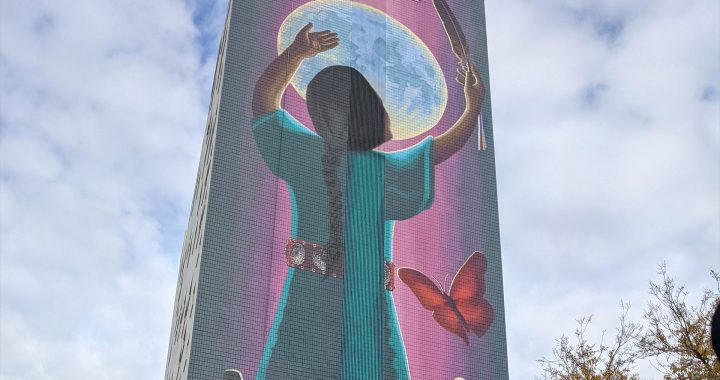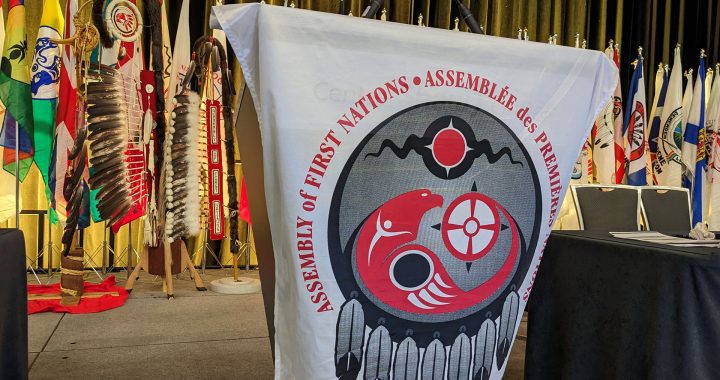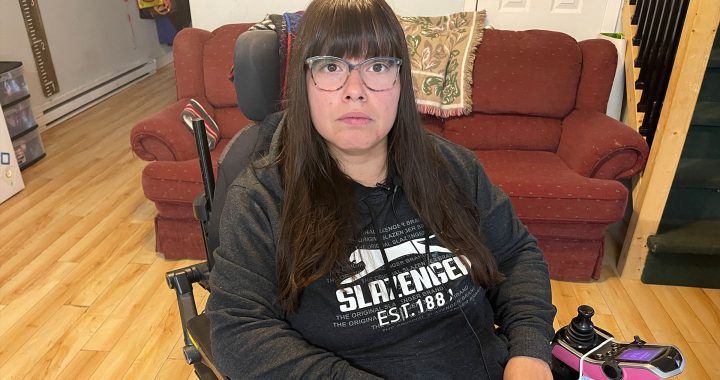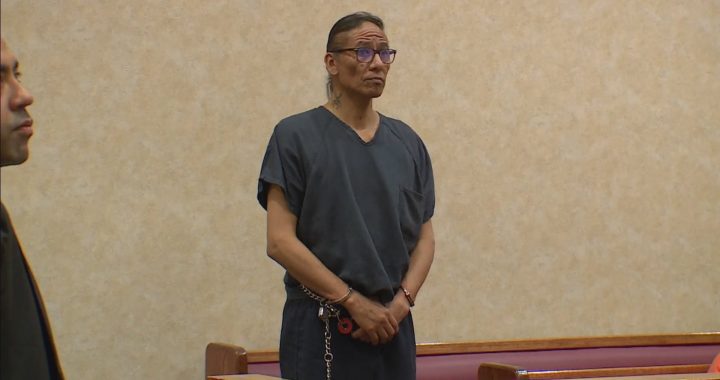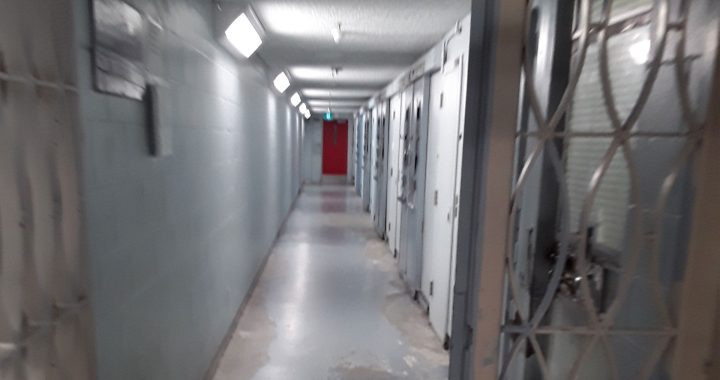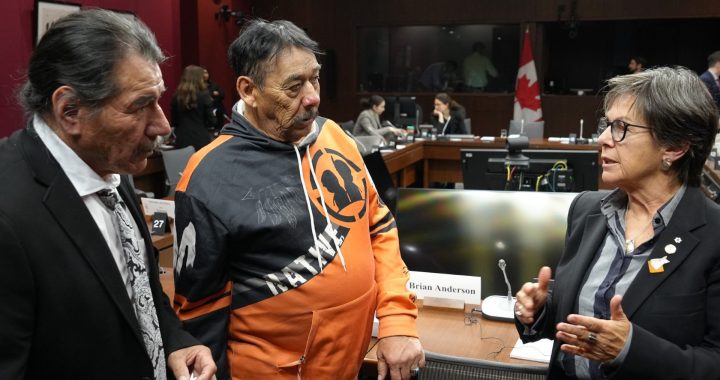APTN News
The National Inquiry into Missing and Murdered Indigenous Women and Girls says it’s fighting to get recognition for culturally appropriate aftercare for families.
“We want to help change the narrative on what healing and wellness means to Indigenous people,” said Terrellyn Fearn, director of community engagement and support services for the inquiry.
Fearn says her staff can source traditional healers but government and group insurance plans refuse to pay for them in favour of western medicine providers.
“We have a family member who shared they want to engage in ceremonial aspects, but through their work employee assistance program it’s not something that was identified,” she said, noting the inquiry covered the cost.
Long criticized for its patchwork or even lack of aftercare services, Fearn approached APTN News to detail how her team works with survivors and families to meet their wellness needs.
She said the inquiry covers about three months of aftercare – potentially more if support services aren’t readily available.
“In some communities we’ve actually had to fly people out to receive services …because they either weren’t available or they weren’t connected or comfortable with utilizing those support services,” she said.
“It is challenging in some communities where there are no services or very little services available to support the families.”
Some survivors and family members tell APTN they are still waiting for aftercare while others say they have paid out of pocket and are waiting to be reimbursed.
Evelyne Youngchief, who testified at the trial of serial killer Robert Pickton, is one of 100 witnesses scheduled to share her story at the inquiry’s hearings in Vancouver this week. But she is bringing her own counsellor along to support her before, during and after.
“Where do they think women are going to go afterward?” she asked Monday. “They’re going to walk out and go to the bar.”
Youngchief is part of a national coalition of survivors and family members worried about the trauma that is going untreated when the hearings leave town. It’s one of the main reasons her group opposes the inquiry’s request for a two-year extension recently submitted to the Trudeau government.
“After sharing, too many families have been left with few or no supports, little or no follow-up, and without knowledge of what will become of the information they communicated to the commissioners,” the group says in a letter to politicians shared with APTN.
“Caught between the inquiry’s dysfunction and government inaction, Canadians become little more than voyeurs of the horrific stories shared while systemic inequalities and resulting daily realities of lived violence continue. If the inquiry were aptly implementing trauma-informed practices, families would feel loved, cared for, and willing, without hesitation, to participate in the process; instead, many are reluctant.”
The inquiry’s mandate has commissioners travelling the country to hear intense, painful and always emotional testimony. This Vancouver stop that begins Tuesday is the 15th and final community hearing.
Fearn admits theirs is an “immediate, short-term, aftercare program” but the inquiry can and does contact individuals and organizations to offer more.
“It’s not long-term but really our hope is at the end of this process, there will be some clear calls to action that will be really clearly defined from the families’ and survivors’ needs,” she said.
It is also her goal, she added, to see “culturally competent” healing recognized, encouraged and supported after the inquiry winds down.
“We’re trying to develop a process…to have choice,” she said.




